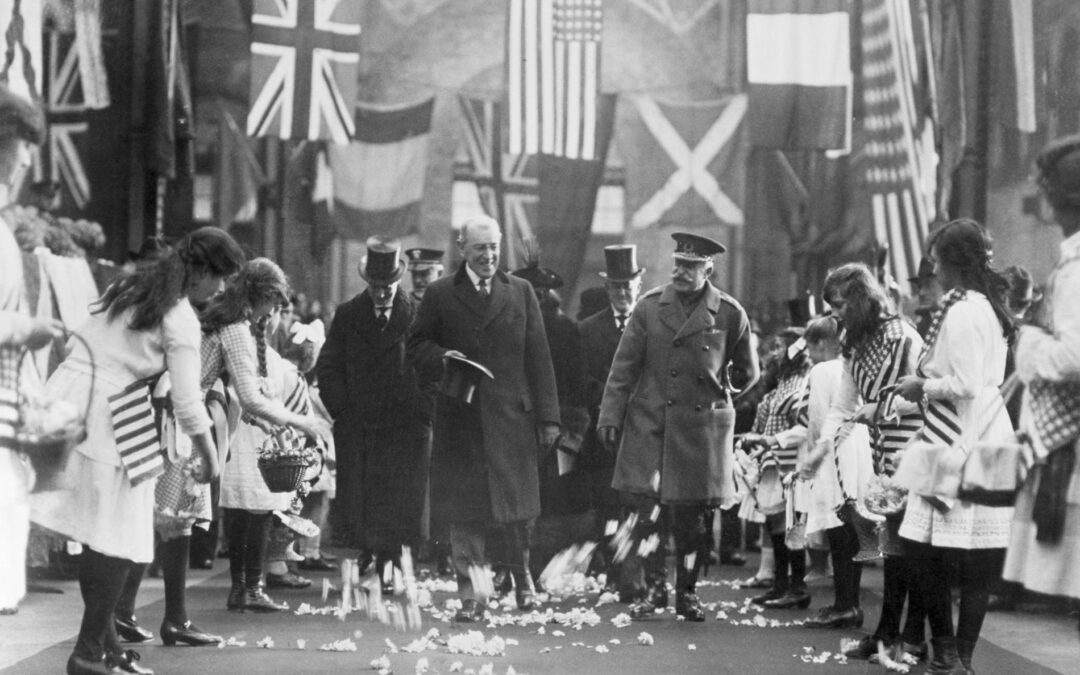
by Ciprian Stoleru | Jul 6, 2020 | Russian Empire, Treaty of Versailles
US President Woodrow Wilson believed that the Russians alone had to find their way. He told a British diplomat in Washington a week before the end of the war that: “I think we have to let them find their own way out, even if they have been struggling in anarchy for... 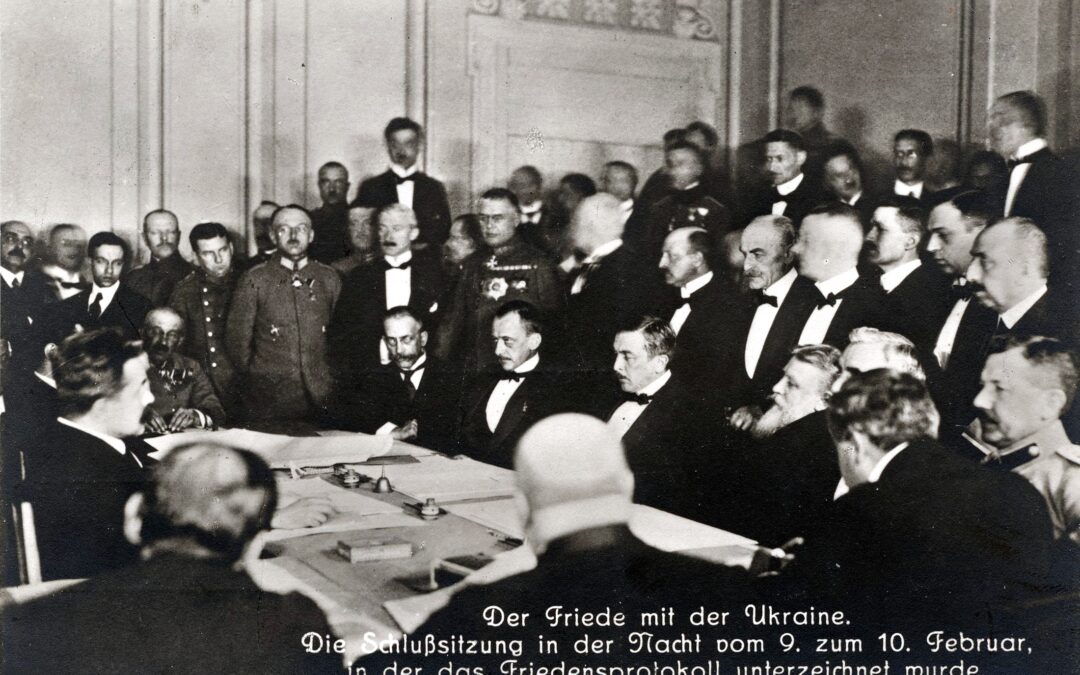
by Ciprian Stoleru | Jul 2, 2020 | Russian Empire, World War I in 1918
One week after the signing of the armistice between Russia and the Central Powers, negotiations between the two sides for the signing of a peace treaty began in Brest-Litovsk. The Bolsheviks successfully insisted that the talks be public, something never seen before... 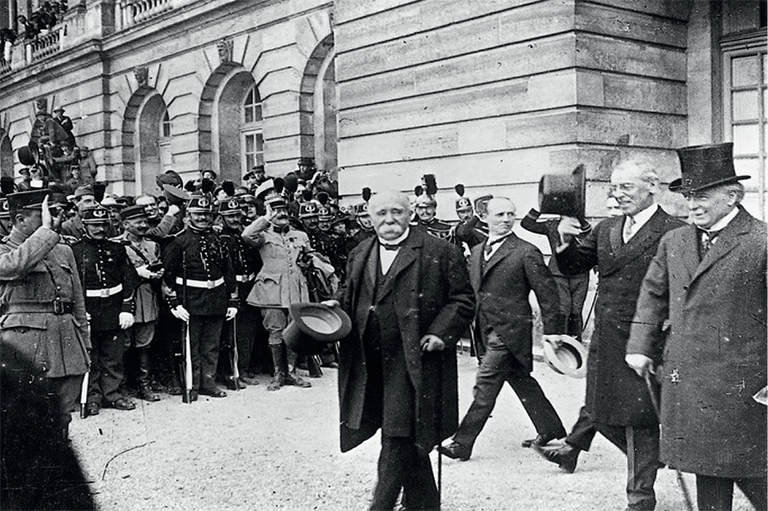
by Ciprian Stoleru | Jun 22, 2020 | Russian Empire, World War I in 1918
French Prime Minister Georges Clemenceau was uncompromising in his attitude towards the Russian Bolsheviks. For Clemenceau, Lenin and Russia had betrayed the cause of the Allies, leaving France at the mercy of Germany. The conclusion of the Brest-Litovsk Peace Treaty... 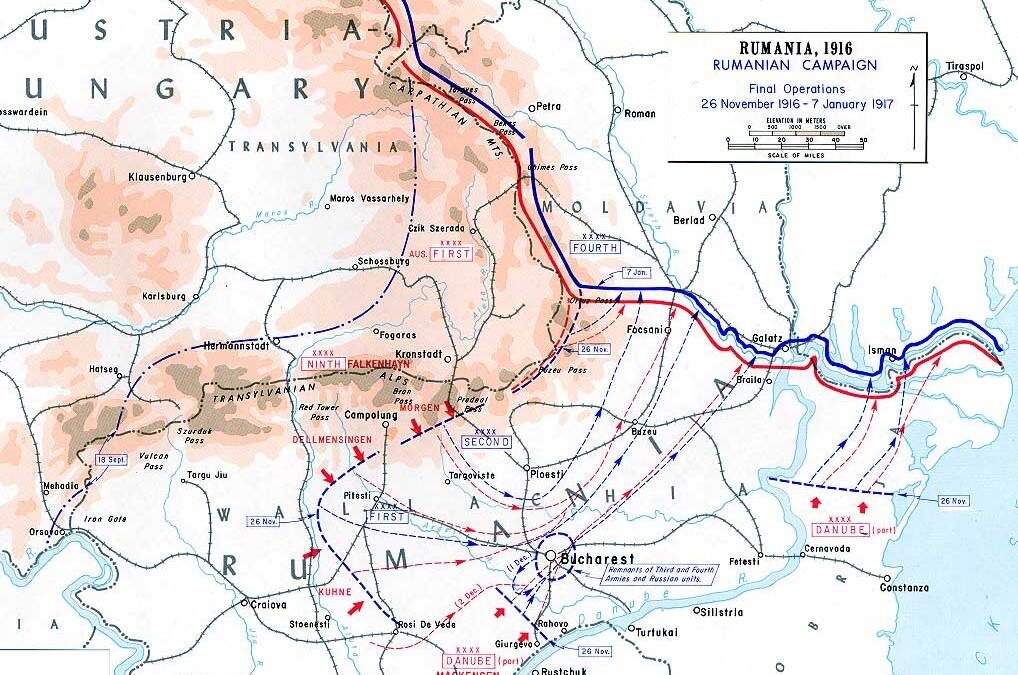
by Ciprian Stoleru | Jun 8, 2020 | Romania, World War I in 1918
The decision of the Russian Bolsheviks to conclude peace with the Central Powers exposed Romania to a dramatic situation. Either continue the war alone with the Central Powers, without having the possibility to be resupplied by the Entente, or, as it happened,... 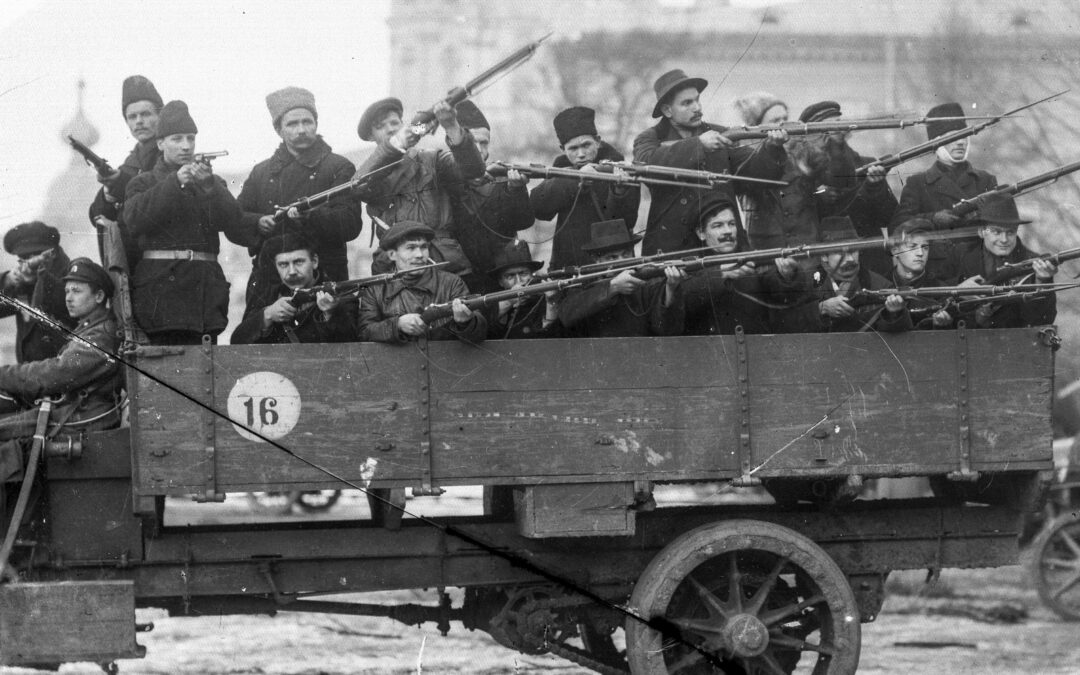
by Ciprian Stoleru | Jun 2, 2020 | Hungary, Russian Empire
The installation of the Bolsheviks at the helm of Russia in late 1917 would pose a real danger to Eastern European countries, but the virus continued to spread to other European countries. How much of a threat was Bolshevism to the victors of the First World War,...





